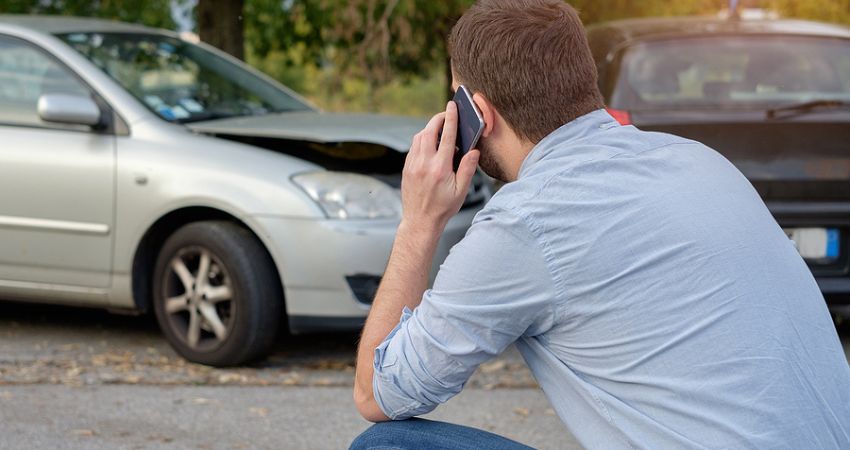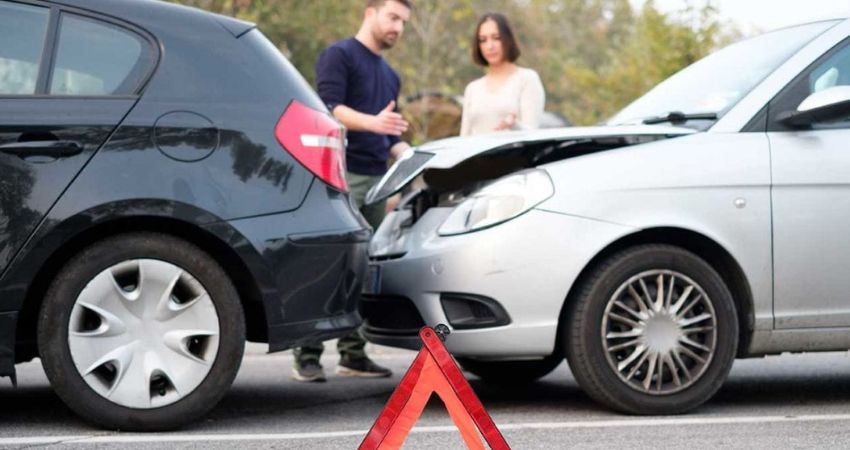Legal Recourse For Personal Injury Claims In Car Accidents: Car accidents can result in devastating consequences, including physical injuries, emotional trauma, and financial hardships. When someone is injured in a car accident due to the negligence or recklessness of another party, they may be entitled to seek compensation through a personal injury claim. Understanding the legal recourse available for personal injury claims in car accidents is essential for protecting one’s rights and pursuing justice. In this article, we explore the legal process of filing a personal injury claim, the factors influencing the outcome, and the importance of seeking legal representation.
Legal Recourse For Personal Injury Claims In Car Accidents
A personal injury claim arises when an individual suffers harm, such as bodily injury or emotional distress, as a result of another party’s negligent or wrongful actions. In the context of car accidents, personal injury claims typically involve seeking compensation for medical expenses, lost wages, pain and suffering, and other damages incurred as a result of the accident. To prevail in a personal injury claim, the injured party must establish that the other party owed them a duty of care, breached that duty, and caused their injuries as a result of the breach.
Determining Fault and Liability
One of the key aspects of a personal injury claim in a car accident is determining fault and liability. In many cases, liability is established based on negligence, which occurs when a driver fails to exercise reasonable care while operating a vehicle, resulting in harm to others. Common examples of negligent behavior in car accidents include speeding, reckless driving, distracted driving, driving under the influence of alcohol or drugs, and failure to obey traffic laws. Evidence such as police reports, witness statements, photographs, and accident reconstruction may be used to establish fault and liability in a personal injury claim.
Types of Compensation Available

When someone gets hurt in a car crash, they might be able to get money to help them. The amount of money they can get depends on how bad their injuries are and what happened in the crash. There are two main types of money they can get.
The first type is called economic damages. These are things like paying for medical bills, fixing or replacing things that got damaged in the crash, and money they would have earned if they couldn’t work because of their injuries. Economic damages are easy to figure out because they’re based on actual costs and earnings.
The second type is called non-economic damages. These are things that are harder to put a price on because they’re about how the person feels. This includes things like pain they felt because of their injuries, feeling sad or upset, and not being able to do things they used to enjoy. Even though these things are harder to measure, the law says they’re still important and the person should get money for them.
So, when someone is hurt in a car crash, they might be able to get two types of money to help them. One type is for things like medical bills and missed work, which are easy to add up. The other type is for how they feel, like pain and sadness, which is harder to count but still matters.
The Role of Insurance Companies
Insurance companies play a significant role in the resolution of personal injury claims in car accidents, as they are typically responsible for compensating injured parties for their losses. However, insurance companies are primarily motivated by profit and may seek to minimize their liability by undervaluing claims, disputing liability, or employing other tactics to reduce payouts. As such, it is essential for injured parties to approach interactions with insurance companies with caution and seek legal representation to ensure their rights are protected and they receive fair compensation for their injuries.
The Legal Process of Filing a Claim
The legal process of filing a personal injury claim in a car accident typically begins with the injured party consulting with a personal injury attorney to assess their case and determine the best course of action. The attorney may conduct an investigation, gather evidence, negotiate with insurance companies, and prepare the case for litigation if a fair settlement cannot be reached. In some cases, alternative dispute resolution methods such as mediation or arbitration may be pursued to resolve the claim without the need for a trial. If a trial is necessary, the case will proceed to court, where a judge or jury will determine the outcome based on the evidence presented.
Statute of Limitations
It is important to note that personal injury claims in car accidents are subject to a statute of limitations, which imposes a deadline for filing a lawsuit after the accident occurs. The statute of limitations varies from state to state but typically ranges from one to three years from the date of the accident. Failing to file a lawsuit within the statute of limitations may result in the loss of the right to seek compensation for injuries sustained in the accident
Importance of Legal Representation

Seeking legal representation is crucial for individuals pursuing personal injury claims in car accidents, as the legal process can be complex and daunting to navigate alone. A skilled personal injury attorney can provide invaluable guidance and advocacy, ensuring that the injured party’s rights are protected, their case is properly prepared, and they receive fair compensation for their injuries and losses. Additionally, having legal representation sends a strong message to insurance companies that the injured party is serious about pursuing their claim and will not be intimidated or taken advantage of.
Conclusion
understanding the legal recourse available for personal injury claims in car accidents is essential for protecting the rights and interests of injured parties. By establishing fault and liability, seeking fair compensation for damages, and navigating the legal process with the assistance of experienced legal representation, individuals can pursue justice and hold negligent parties accountable for their actions. As car accidents continue to occur with alarming frequency, it is imperative that injured parties are aware of their legal rights and options for seeking redress through the legal system.



